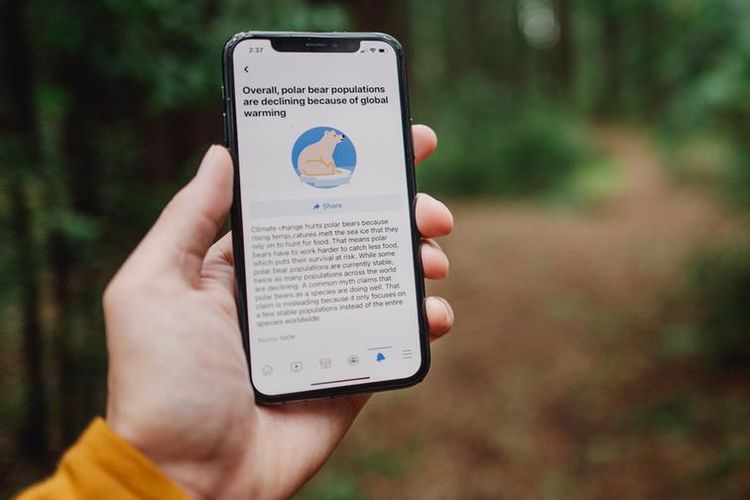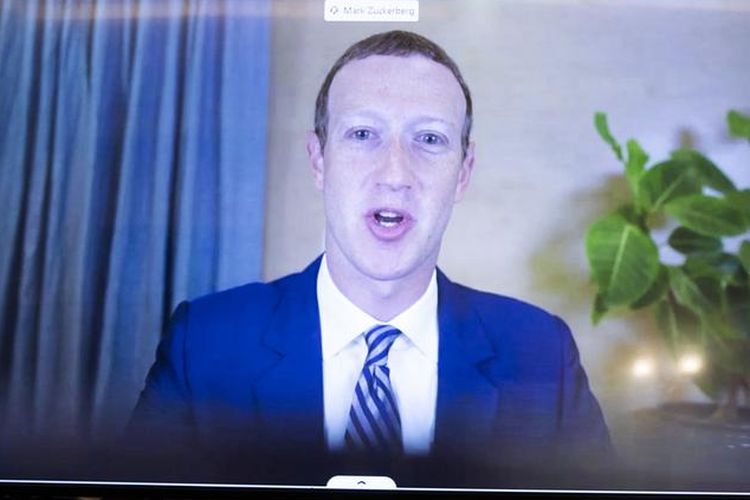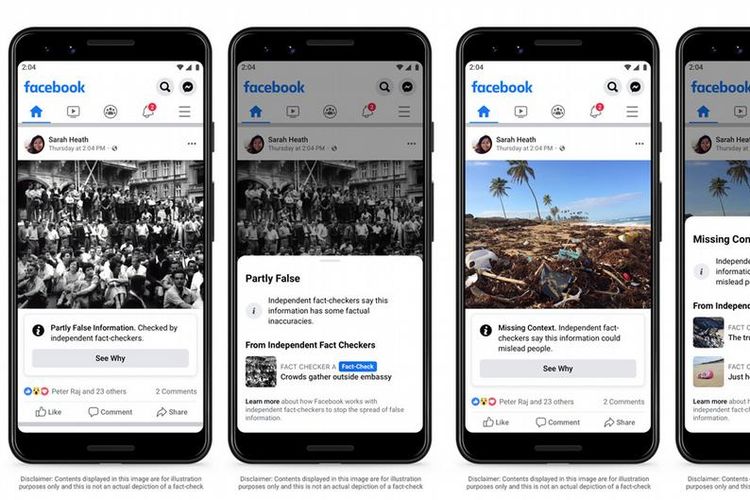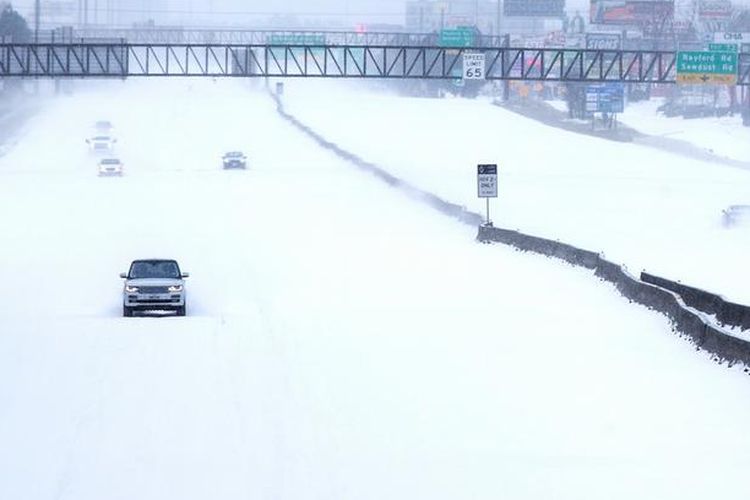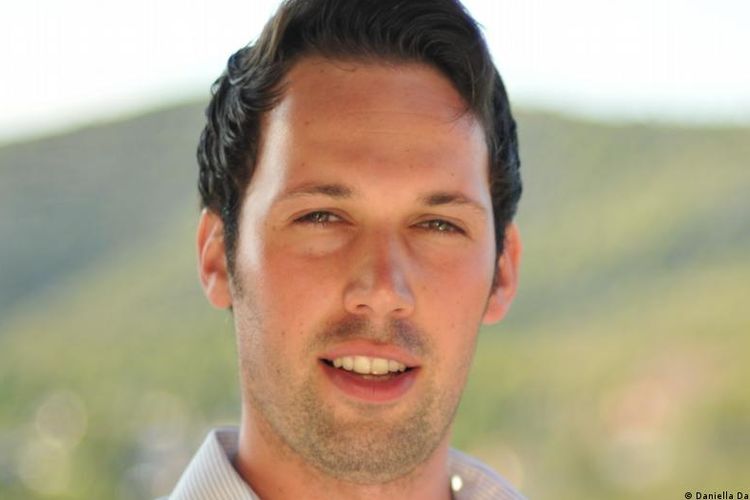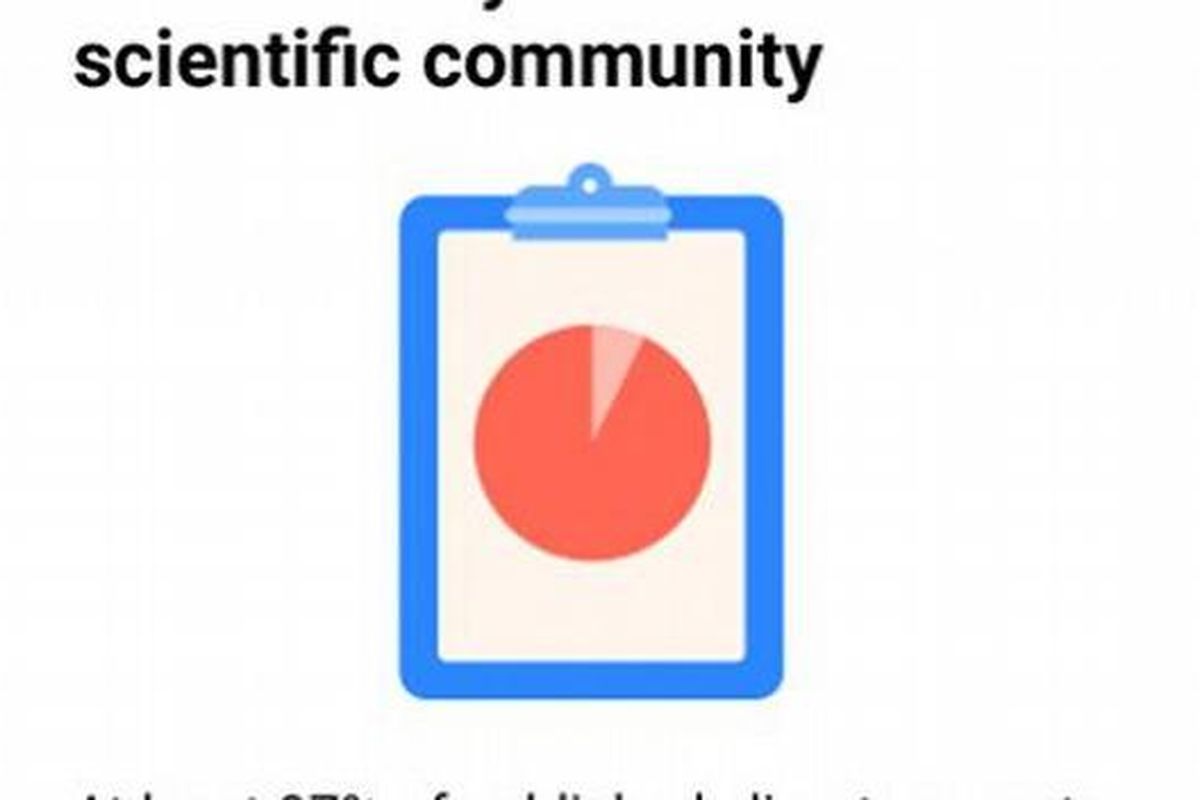
Behavior and communication experts from George Mason University, the Yale Program on Climate Change Communication and the University of Cambridge helped advise Facebook on how best to debunk such climate myths in a way that is tailored to the psychology of misinformation. Dr. Sander van der Linden is one of the experts behind the UK trial.
Also read: Indonesian Media Outlet Reports Doxing of Journalist to Police
"One common error that we often see media outlets make, for instance, is to prominently repeat the myth in an attempt to debunk it. But that tends to strengthen people's mental associations with the myths and people kind of forget about the correction," van der Linden, who is a professor of social psychology at the University of Cambridge, told DW.
So instead of repeating the myths, they start by stating the facts. The next step "is not to argue with people over the specifics, but to actually show what's misleading about the presentation of a particular argument and what the underlying technique is."
Social media business model a 'catalyst for misinformation'
The Climate Science Information Center was launched in the US, Germany, the UK, and France last year and was just expanded to Canada, Brazil, Mexico, Belgium, Ireland, the Netherlands, Nigeria, South Africa, Spain, India, Indonesia and Taiwan. If the UK trial goes well, these countries could see climate information banners and corrective message next, says Voica.
"We'll need to see the results from the UK tests first before we either expand the test or we make it into a real feature."
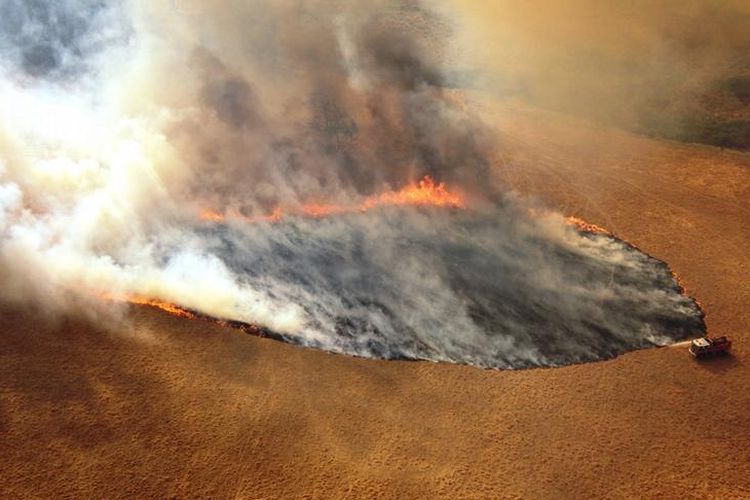 Climate misinformation claimed Australia's devastating Black Summer fires were caused by fires
Climate misinformation claimed Australia's devastating Black Summer fires were caused by firesBut for Markus Beckedahl, the climate misinformation trial comes years too late. He believes social media giants haven't done enough in the past years to combat misinformation.
On the contrary, he says, they have actually promoted it through their own business model of collecting data and selling ads to keep people on the site.
"And the easiest way to do that is by showing content that creates emotions and anger. That's why disinformation and conspiracy theories have been shared and promoted massively on these sites in past years," he said.
Opinion loophole makes fact-checking even harder
Facebook has been coming under increasing pressure in recent years for failing to weed out false information, including myths about the climate crisis.
"The future of our planet is at stake, and there should be no company too big, too powerful, and too opaque to be held accountable for its role in the climate crisis. Facebook is no exception," US Senator Elizabeth Warren and her colleagues wrote in a statement last year.
Also read: Indonesian Police Question 4 Women over TitTok Video Showing Them Defacing National Flag


